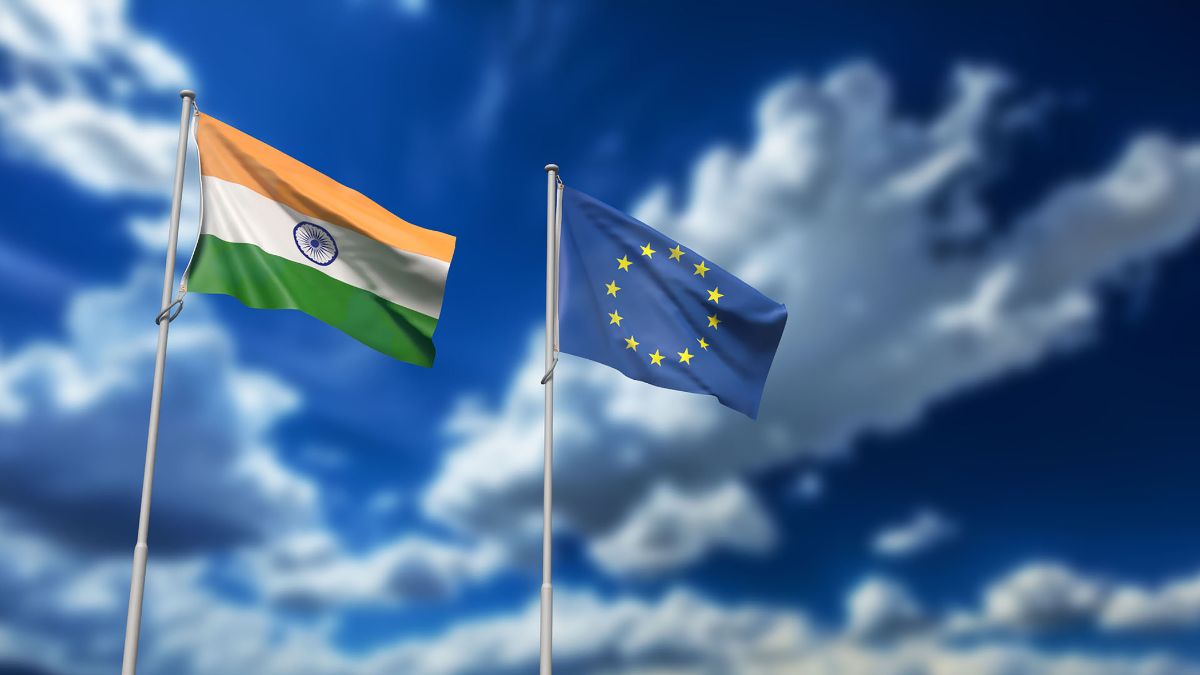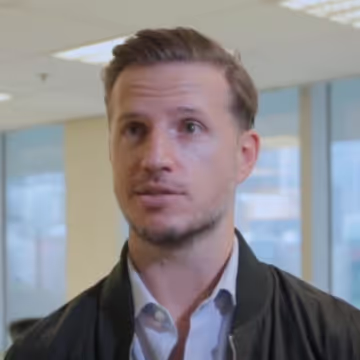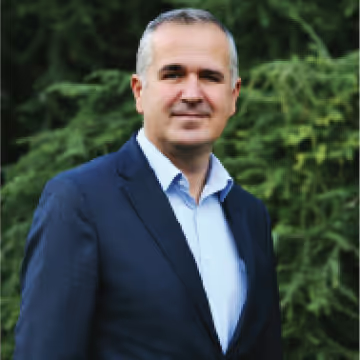Overview of Uzbekistan's Newest Golden Visa Pathway
In an interesting move to attract foreign capital, Uzbekistan has unveiled a new visa pathway built on charitable donations.
Starting from June 1, 2025, individuals can secure a five-year residence permit by contributing a hefty sum of $250,000. For family members, including spouses and children, an additional $150,000 each is required.
Unlike many other golden visa programs that require investments into real estate or local businesses, this program solely requires direct financial contributions to a state-designated account, marking a unique approach in the arena of investment migration.
Comparison with Existing Visa Options
Before this legislation, Uzbekistan already had two ownership-driven golden visa routes: the investment visa and the real estate route.
The investment visa comprises a three-year or ten-year residence depending on the investment size, which ranges from roughly $250,000 to $3 million. The real estate pathway, meanwhile, involves investments of $100,000 to $300,000 depending on the region, offering indefinite residency.
This new donation-based route simplifies the entry requirements but at a steep increase in costs, particularly for families.
For example, a family of four would need to raise $700,000, which might make other existing programs in Uzbekistan or even options in other countries like Singapore more appealing due to various benefits and potential ROI these investments bring.
Legislative Details and Preparatory Requirements
The implementation of this program requires meticulous preparation, both from potential applicants and Uzbek authorities.
The legal framework mandates detailed submission procedures that include anti-money laundering documentation, specific bank wiring instructions, and stringent application guidelines.
Furthermore, these rules will be outlined in a forthcoming resolution by the Cabinet of Ministers and the Ministry of Internal Affairs, which will also clarify whether time spent under this visa will count towards naturalization.
While the government has not yet allowed banks to receive funds for this visa, potential investors should take this preparatory phase to assess the full spectrum of financial implications, including tax planning and the legal landscape in Uzbekistan.
Given the high costs and the newness of the program, investors are encouraged to remain informed and cautious.
This new golden visa path by Uzbekistan may serve as a case study in how nations can attract foreign funds without selling off physical assets or granting sweeping business control. However, without competitive adjustments, Uzbekistan's latest approach might struggle to compete in the bustling global market of residency by investment programs.























